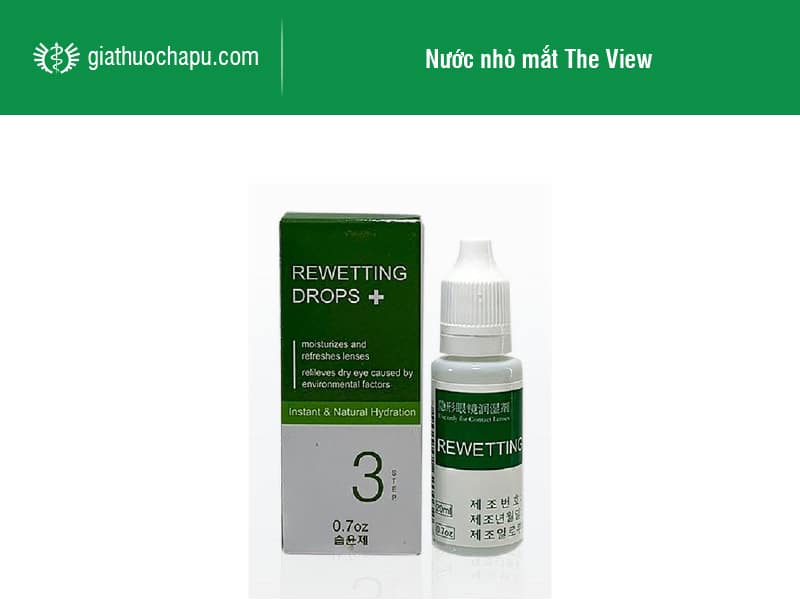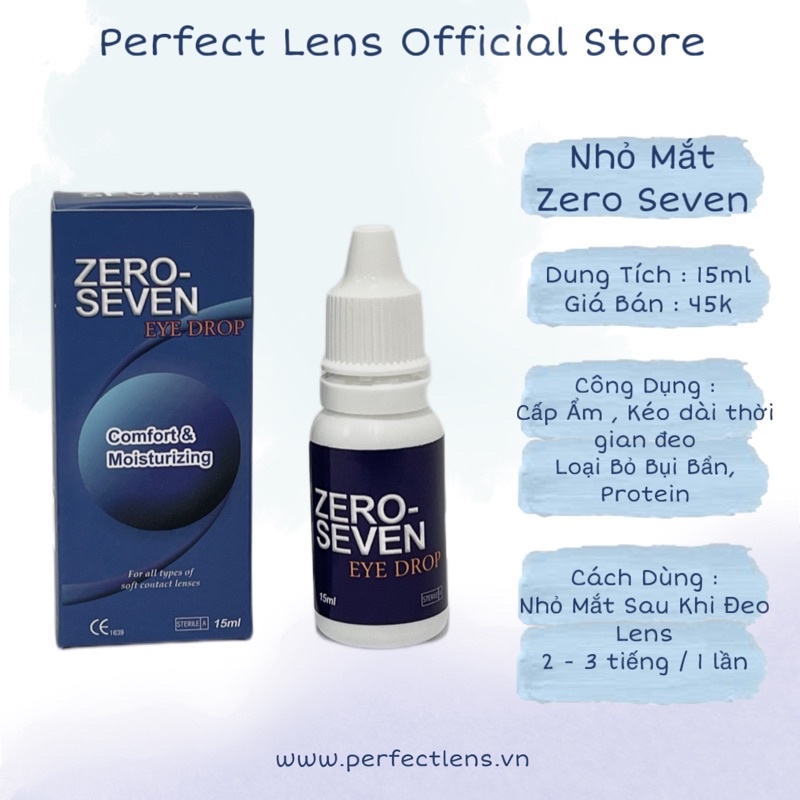[Kinh Nghiệm Mua Lens Tại Hiệu Thuốc ở Nhật, Sản Phẩm Tốt]

Japan is a global leader in eye care, and its drugstores are a treasure trove for those seeking high-quality contact lenses. Whether you’re a seasoned contact lens wearer or a first-timer, navigating the vast selection can be daunting. This guide will equip you with the essential knowledge to confidently purchase the perfect lens for your needs, ensuring comfortable and clear vision in the Land of the Rising Sun.

Navigating Japanese Drugstores

Japanese drugstores, known as “drugstores”, are more than just pharmacies; they are one-stop shops for a wide range of products, including contact lenses. These stores are known for their vast selection, competitive prices, and helpful staff.
- Variety: Japanese drugstores offer an extensive range of contact lenses from both domestic and international brands. You’ll find daily, weekly, monthly, and even yearly options, catering to diverse wear schedules and budgets.
- Accessibility: These stores are ubiquitous throughout Japan, conveniently located in major cities and towns, ensuring easy access for everyone.
- Price: Japanese drugstores are renowned for their affordability, making contact lenses accessible to a broad range of consumers.
- Staff Expertise: The staff is knowledgeable and fluent in English, making it easier for foreign visitors to find the right lens for their needs.
- Convenience: Most drugstores offer extended hours, providing flexibility for your shopping needs.
Understanding Lens Types
Contact lenses come in different types, each designed for specific needs and preferences. Understanding these types is crucial for making an informed purchase.
- Soft Lenses: These are the most common type, made from flexible materials that conform to the shape of your eye. They are comfortable and ideal for daily wear.
- Hard Lenses: These are made from rigid materials and are designed to sit directly on the cornea. They are known for their sharp vision and durability.
- Toric Lenses: These are specifically designed for astigmatism, a condition where the cornea has an irregular shape, leading to blurred vision.
- Multifocal Lenses: These are designed for presbyopia, a condition where the eye’s natural focusing ability diminishes with age. They offer both distance and near vision correction.
- Colored Lenses: These are available in various shades and patterns, allowing users to enhance their natural eye color or experiment with different looks.
Choosing the Right Lens for You
Choosing the right lens involves considering your individual eye care needs and preferences.
- Prescription: Ensure you have a valid prescription from an eye doctor or optometrist. Your prescription will specify the lens type, base curve, diameter, and power required for each eye.
- Lens Type: Consider your lifestyle, vision needs, and comfort preferences. Are you looking for daily wear, extended wear, or toric lenses?
- Brand: Choose a brand known for its quality and reliability. Research popular brands and read online reviews to find one that aligns with your requirements.
- Comfort: Seek lenses made from materials that feel comfortable on your eyes and ensure they are well-ventilated to prevent irritation.
- Cost: Compare prices across different stores and brands to find the most cost-effective option that meets your needs.
Contact Lens Care and Maintenance
Proper care and maintenance are crucial for maintaining contact lens health and ensuring comfortable wear.
- Cleaning: Follow the manufacturer’s instructions for cleaning your lenses. Use a recommended contact lens solution and a cleaning case to disinfect and store your lenses when not in use.
- Replacement Schedule: Replace your lenses according to the manufacturer’s recommendations, typically every 1-3 months, to avoid eye infections and maintain optimal vision.
- Wearing Time: Adhere to the recommended wearing time, and remove lenses before going to bed unless instructed otherwise by your eye care professional.
- Hand Hygiene: Always wash your hands thoroughly with soap and water before handling your lenses to avoid contamination.
- Follow-Ups: Schedule regular checkups with your eye care professional to monitor your lens health and ensure it remains suitable for your eyes.
Conclusion
Shopping for contact lenses in Japanese drugstores offers a rewarding experience. The extensive selection, competitive prices, and knowledgeable staff make it a seamless process. Remember to prioritize your eye health and consult with your eye doctor or optometrist before purchasing contact lenses. By understanding the lens types, choosing the right product for your needs, and practicing proper care, you can enjoy clear and comfortable vision while exploring the wonders of Japan.
Keywords: Contact Lenses, Japan, Drugstores, Eye Care, Lens Types, Prescription, Brand, Comfort, Care, Maintenance
